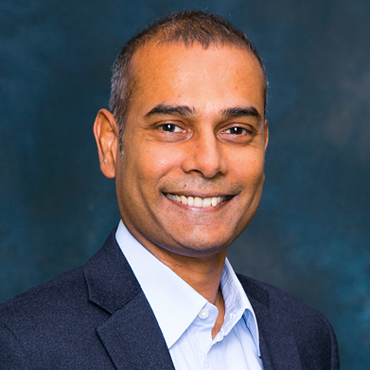Pahal Financial Services, founded in 2011 by Kartik Mehta and Purvi Bhavsar, is a microfinance institution (MFI) dedicated to serving low-income households across India. Having weathered industry crises, demonetization and the COVID-19 pandemic, Pahal has grown into a top-15 player with 1.2 million customers. Its model, anchored in joint liability group loans but expanding into individual and secured lending, has created meaningful social and financial impact, particularly for women. Yet the competitive landscape is shifting: fintech entrants, changing borrower preferences, and tighter regulations are eroding the traditional advantages of NBFC-MFIs. Pahal faces strategic choices about scaling technology, redefining its customer segment, rebalancing investor alignment, and rethinking workforce structures. The case invites discussion on growth strategy, business model transformation, impact-profitability tradeoffs, as well as organizational design in inclusive finance.
• Examine how regulation, fintech disruption, and changing borrower behavior are reshaping the structure of the microfinance industry, and what this means for entrepreneurial firms seeking to sustain advantage in inclusive finance.
• Evaluate how Pahal can grow from a mid-sized MFI into a top-10 player while balancing financial sustainability with its social mission, highlighting the tensions between rapid scale and maintaining meaningful impact.
• Compare the strategic tradeoffs between high-touch, relationship-based microfinance models and digital-first fintech approaches, and consider how entrepreneurs navigate shifts in customer expectations, costs, and competitive positioning.
• Analyze how investor alignment, workforce constraints, and organizational design choices shape the growth trajectory of impact-oriented firms, and how entrepreneurs balance these factors when scaling in dynamic markets.
- Financial inclusion
- microfinance
- non-bank financial services companies
- group lending
- mutual accountability
- fintech
- digitalization
- micro insurance
- micro loans
- impact
- SDG1 No Poverty
- SDG3 Good Health & Well-Being
- SDG5 Gender Equality
- SDG8 Decent Work and Economic Growth
- SDG10 Reduced Inequality
-
SDG13 Climate Action








